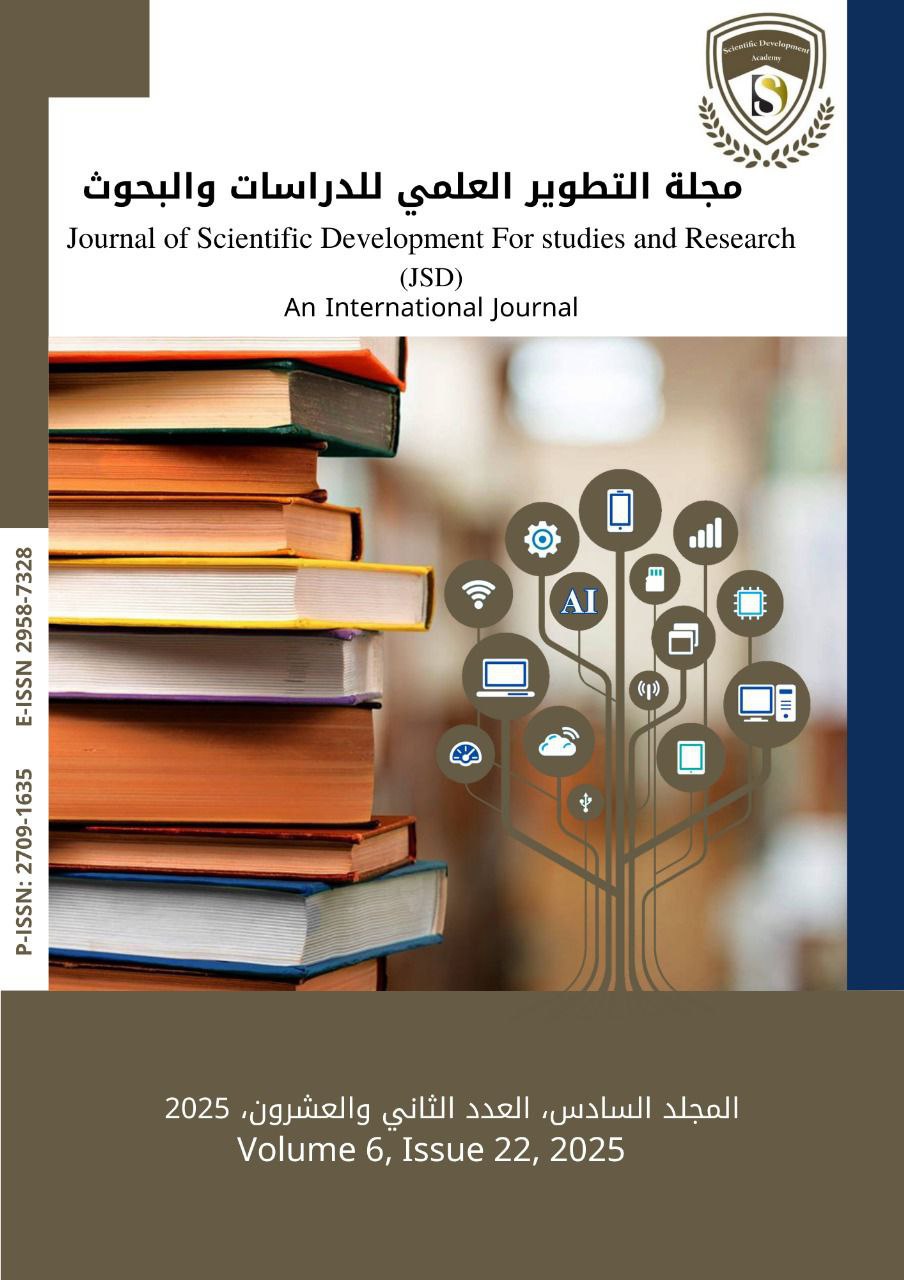مدى فاعلية قواعد القانون الدولي الإنساني في النظام الأساسي للمحكمة الجنائية الدولية
DOI:
https://doi.org/10.61212/jsd/361الكلمات المفتاحية:
.، جرائم الحرب، الجرائم ضد الإنسانية، جرائم الإبادة الجماعية، اتفاقيات جنيف.، ، .، اللجنة الدولية للصليب الأحمر، القانون الدولي الإنسانيالملخص
يعد إقرار النظام الأساسي للمحكمة الجنائية الدولية من أهم الإنجازات في السنوات الخمسين الأخيرة من القرن العشرين، والحقيقية أن فكرة إنشاء هذه المحكمة ليست جديدة فهي لم تغب عن بال مؤسسي اللجنة الدولية للصليب الأحمر ، وهي لم تأت دفعة واحدة بل كانت على شكل تدريجي ومما يؤكد ذلك الأثر الواضح للقانون الدولي الإنساني والذي يظهر بشكل جلي من خلال تبني النظام الأساسي للمحكمة الجنائية الدولية الكثير من الأحكام التي وردت في اتفاقيات القانون الدولي الإنساني ولعل أهمها النص على العديد من الجرائم الدولية كجريمة الإبادة الجماعية والجرائم ضد الإنسانية و جرائم الحرب وجريمة العدوان، وهي أهم الجرائم التي عالجتها اتفاقيات القانون الدولي الإنساني من قبل ، ولم يكتف النظام الأساسي بذلك بل تبني الكثير من المبادئ التي تنتمي بالأصل للقانون الدولي الإنساني ويأتي في مقدمتها مبدأ عدم تقادم الجرائم الدولية.
المراجع
التنزيلات
منشور
إصدار
القسم
الرخصة
الحقوق الفكرية (c) 2025 مجلة التطوير العلمي للدراسات والبحوث JSD

هذا العمل مرخص بموجب Creative Commons Attribution 4.0 International License.






























